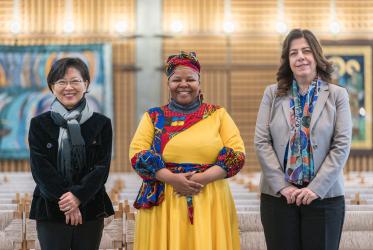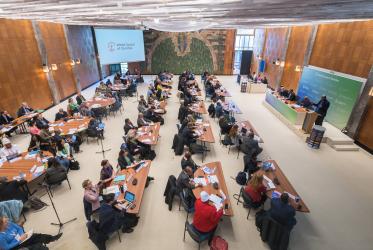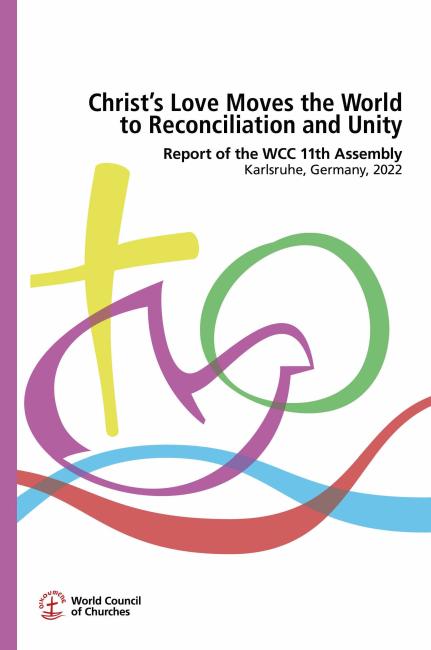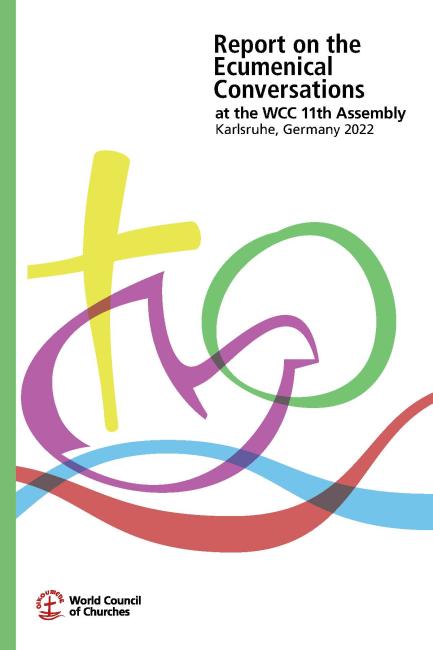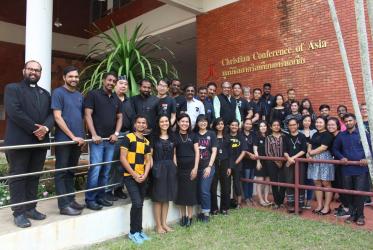Displaying 1 - 20 of 200
Compendium of Promising Practices of African Faith Community Interventions against Paediatric and Adolescent HIV
Executive Summary
23 March 2024
Tres comisiones del CMI eligen vicemoderadoras
14 March 2024
Three WCC commissions elect vice moderators
08 March 2024
WCC webinar explores decolonizing beauty
11 December 2023
WCC Eco-School begins in Crete
15 November 2023
Recommended Practices to Combat HIV-Related Stigma
A Guidebook for Local Faith Communities
05 October 2023
Faith Sector Implementation of the Global AIDS Strategy
05 October 2023





